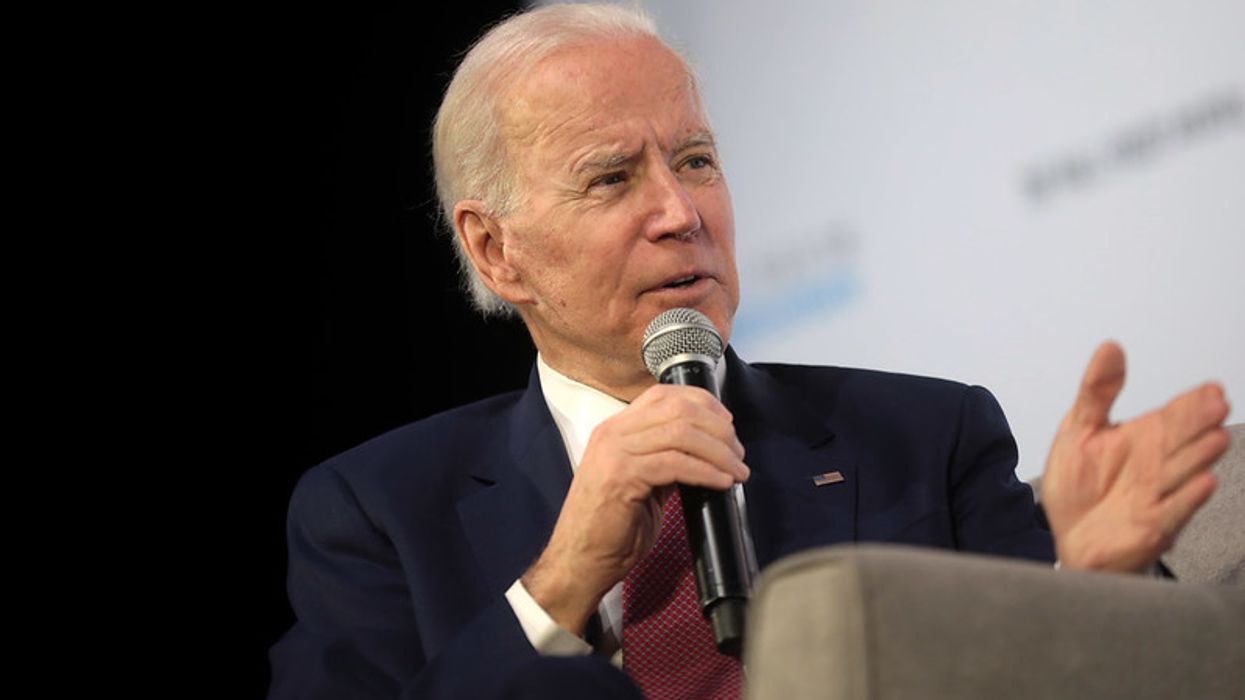After Biden Speech, Republicans (And Media) Need A New Narrative
Well, that settles it. President Joe Biden can’t possibly win this thing.
Just like Republicans have been telling Americans all along, Biden is too aggressive, too energetic, too fiery, too feisty, too forceful, too loud, too partisan, and definitely too political.
Also, he talks too long, tells too many jokes, and too often goes off-script to spar with opponents. If all that isn’t bad enough, Biden wants to talk to members of Congress when it’s late and decent Republicans are very, very sleepy.
It’s just like they’ve been saying all along. Biden’s age is an issue. Maybe he’ll be more presidential in 2032.
Biden’s 2024 State of the Union speech clocked in at 1 hour, 7 minutes, and 17 seconds. That doesn’t make it the longest speech on record, but considering the clip at which Biden blasted through the material (about 6,400 words in the transcript, more in real life), he packed a lot into that space.
“I know I may not look like it,” said Biden, “but I’ve been around a while.” And in his time in Washington, Biden has clearly learned how to deliver a speech that absolutely confounds both his opponents and a media that had already scheduled plenty of lazy “Biden too old” editorials between now and November.
Three weeks ago, The New York Times was explaining how the age issue that they’ve been pushing 24 hours a day sticks to Biden so much more than to Donald Trump. “Mr. Biden’s voice has grown softer and raspier,” wrote reporter Rebecca Davis O’Brien, and he “moves more tentatively than he did as a candidate in 2019 and 2020, often holding his upper body stiff, adding to an impression of frailty.”
When it comes to Trump, the same article explained that he “holds forth in speeches replete with macho rhetoric and bombast that typically last well over an hour, a display of stamina.”
After Thursday night, both The New York Times and the Republican Party are going to need a new playbook. The Joe Biden who stepped to the podium on Thursday and then stayed in the House chamber so long that the perpetually dyspeptic Speaker Mike Johnson, who dashed home to find his rapture-ready PJs, was not the Joe Biden they’ve been describing.
Biden’s forceful entry into the chamber on Thursday evening, his fast-forward, high-energy delivery, and his absolute eagerness to engage whenever Republicans booed or refused to applaud the most fundamental issue was an absolute joy. He came in hot, only seemed to grow in energy and confidence through the night, and came off the winner every time he sparred with just-say-no-to-everything Republicans.
In his speech, Biden was the happy warrior of American politics. If he had the occasional stumble, it was seemingly because he just could not wait to tell you not just about the things he had done, but also about all the things left to do in making American lives better.
Meanwhile, Johnson sat behind him like a bobblehead whose spring had been wrongly inserted, shaking his head so many times that he is likely spending this morning at the chiropractor. Out in the audience, Republicans intent on mocking Biden instead ended up being an obvious self-parody—something that should have been obvious the moment Biden strolled down the aisle, saw Rep. Marjorie Taylor Greene’s clown suit, and took her apart with no more than an expression.
Only a few minutes into the speech, Republicans were claiming that the guy they’d been describing as little short of comatose was too fast, too loud, and definitely too political. That last part was especially offensive to classy Republicans and the memory of Trump’s completely nonpartisan performances (I mean, it’s not as if Trump had a campaign rally at the White House).
In one night, Biden went from “Sleepy Joe” to “Jacked-Up Joe” as Republicans scrambled for a new handle on the president.
In his speech, Biden made some very gutsy announcements, such as laying out plans for an aid port in Gaza, forcefully talking about America’s role in expanding NATO and the need for Ukraine assistance, and putting abortion issues front and center while telling the Supreme Court to prepare to hear from American women.
If Republicans didn’t like what they were seeing, Americans watching the speech certainly did. As Daily Kos’ Kerry Eleveld reported, potential voters in Arizona were turning up the live-reaction dials for Navigator Research, highlighting many parts of the speech that had them excited. A CNN quick poll found that 64 percent of those watching had a positive reaction to the speech, and after watching the speech, there was a 17-percentage-point increase among those saying that Biden’s policies will move the nation in the right direction.
Republicans were left sputtering over Biden’s display of vigor and command. Much of the press was left scrambling to find more synonyms for “energetic.” And viewers were largely left convinced that Biden had the right plan for America.
It’s hard to describe a more successful combination.
Meanwhile, down at Mar-a-Lago, Trump had promised to provide his own live commentary on the speech, but technical issues had him fuming on the sidelines for much of the evening. When he did get his chance to talk, Trump became obsessed with the fact that Biden was occasionally coughing and convinced that the president’s rapid-fire delivery was the product of stimulants.
It’s hard to dispute that Trump may be the expert when it comes to a White House allegedly “awash in speed.” But as Biden’s speech moved toward its conclusion, Trump delivered a meme-worthy “Truth.”
If by that Trump means the drugs that kept America complacent while he speed-walked the nation toward an authoritarian regime, then he’s absolutely right.
In his speech, Biden told everyone to “wake up.” And maybe, just maybe, it worked.
Reprinted with permission from Daily Kos.


